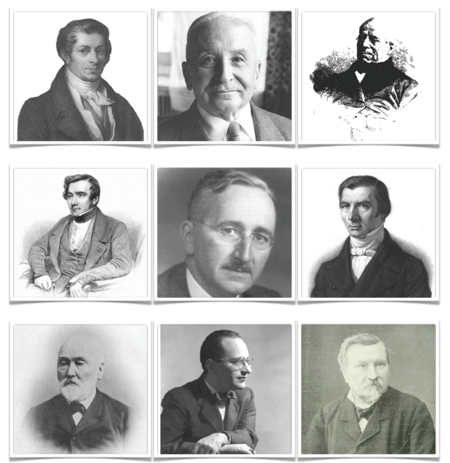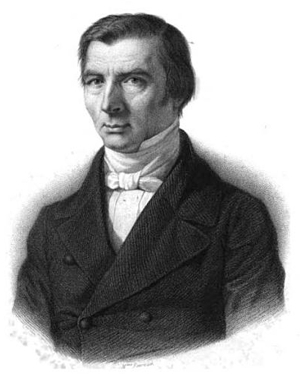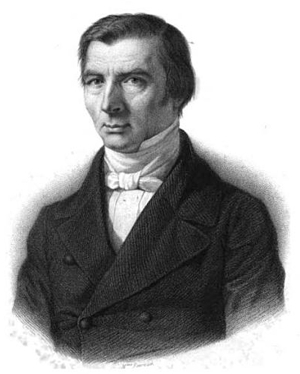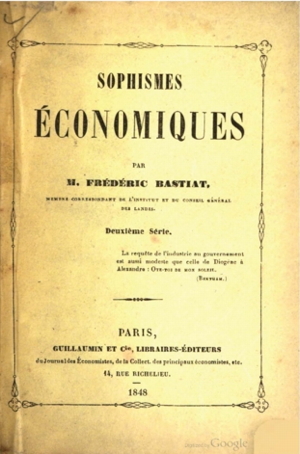(Left to right, top to bottom: Jean-Baptiste Say (1767-1832); Ludwig von Mises (1881-1973); Charles Dunoyer (1786-1862); Augustin Thierry (1795-1856); Friedrich Hayek (1899-1992); Frédéric Bastiat (1801-1850); Jean-Gustave Courcelle-Seneuil (1813-1892); Murray Rothbard (1926-1995); Gustave de Molinari (1819-1912).)
A paper given at the Inaugural Mises Seminar, Sydney, 26 November 2011
http://davidmhart.com/liberty/Teaching/2011/MisesSeminar/HowAustrian.html
Abstract: This paper examines the mid-19th century century French classical school of political economists and compares them to the modern Austrian school of economics which emerged in the late 20th century. In it I ask two questions: “How Austrian were the French?” – this question comes about because a number of Austrian economists (Rothbard and the Mises Institute) have seen many glimmerings of Austrian economic insights in the writings of the French CL school (Say, Bastiat). They ask themselves whether or not they were precursors or “proto-Austrians” before the full flowering of Austrian economics after the marginal revolution of 1870s? How many ideas concerning economic and social theory (history, sociology) were shared by the two schools of thought? The second question I ask is, “How French are the Austrians?” – one might also ask would Rothbard and his school within the Austrian tradition have turned down the anarcho-capitalist road if it were not for the seminal writings by Molinari in the late 1840s and mid-1850s? Did Leonard Liggio introduce Rothbard to these French writers? From this perspective one might ask “how French are the Austrians?”




